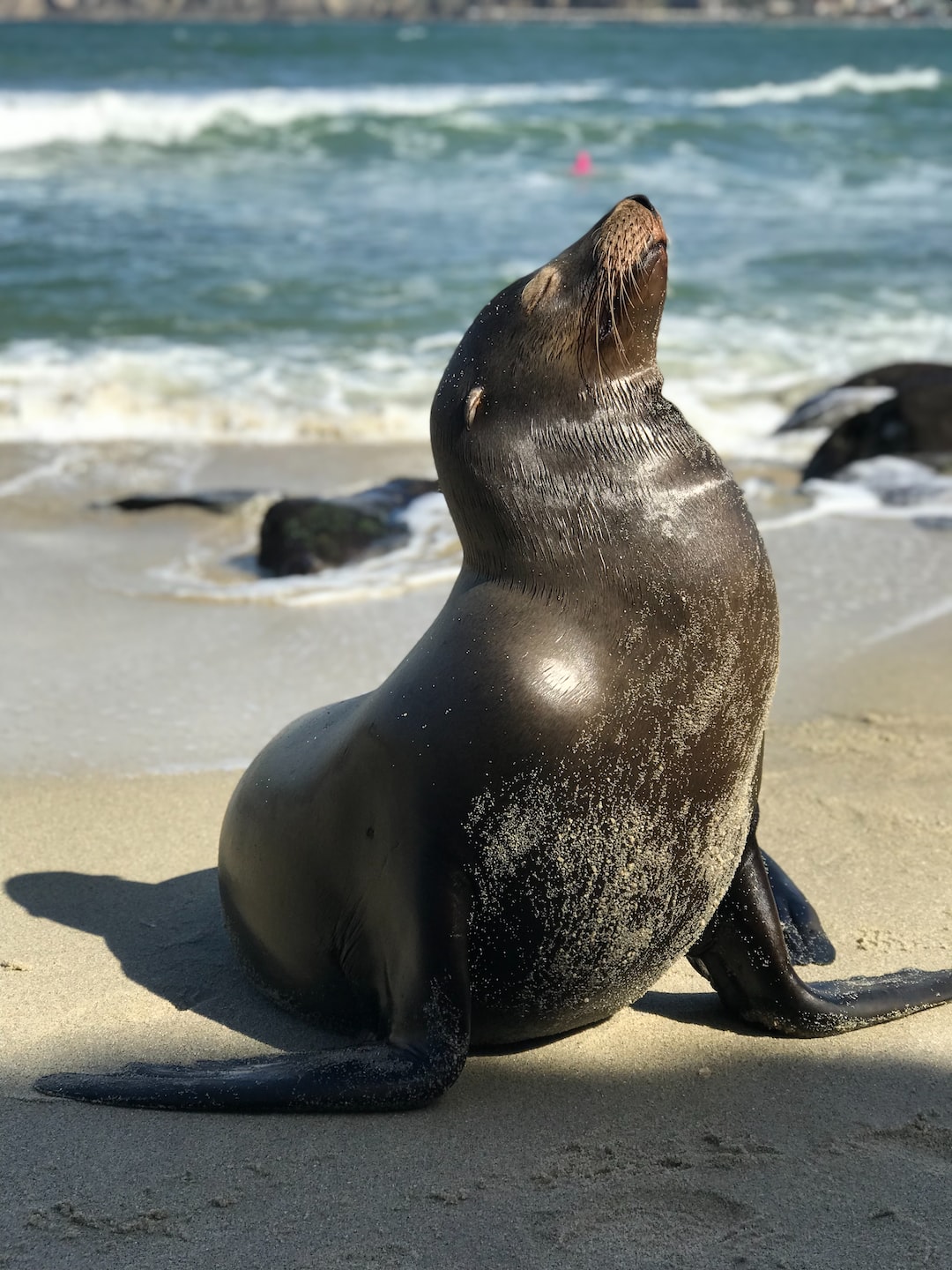The Controversial Issue of Keeping Wild Animals as Pets: Pros and Cons
The idea of keeping wild animals as pets is often met with mixed reactions. While some people argue that it provides a unique experience and a closer connection with nature, others claim it is unethical and harmful to the animals. In this blog post, we will explore both the pros and cons of keeping wild animals as pets.
One of the main arguments in favor of keeping wild animals as pets is the educational value it provides. By having direct contact with these animals, people can learn about their behaviors, habitats, and conservation needs. This knowledge can then be shared with the public, raising awareness and promoting conservation efforts. Additionally, some pet owners argue that they can provide better care for these animals than they would receive in the wild, ensuring they have a safe and comfortable life.
Another advantage cited by pet owners is the emotional bond and companionship they develop with their wild pets. Many people find solace and happiness in the presence of animals, and having a wild pet can be a unique and rewarding experience. Supporters of this practice believe that animals, if properly cared for, can thrive in human households and become loving companions.
However, there are significant ethical concerns associated with keeping wild animals as pets. One strong argument against it is that these animals have complex social and behavioral needs that are difficult to meet in captivity. In the wild, they have the freedom to roam, hunt or forage, and live in their natural habitats. By confining them to a household environment, we strip away their natural instincts and behaviors, which can lead to physical and psychological distress.
Another issue is the potential danger that wild animals can pose to humans and other pets. Regardless of how well-trained they may be, they are still wild animals with inherent natural instincts. These instincts can lead to unpredictable and dangerous behaviors, potentially resulting in harm to humans or other animals. The risks associated with keeping wild animals as pets should not be underestimated.
Furthermore, there is a significant risk of spreading diseases when wild animals are kept in close proximity to humans. Even with proper care and maintenance, it is challenging to recreate the natural environment and conditions that these animals are accustomed to. This can lead to compromised immune systems and the potential transmission of zoonotic diseases, putting both the animal and the human owner at risk.
When it comes to conservation efforts, keeping wild animals as pets can send mixed messages. While some individuals argue that it raises awareness and promotes conservation, others claim that it can contribute to the illegal wildlife trade. By providing a market for these animals, it encourages their capture from the wild, which can have devastating effects on populations and ecosystems.
In conclusion, the issue of keeping wild animals as pets is a highly controversial one, with valid arguments on both sides. While there are potential educational benefits and emotional connections that can be formed, there are also significant ethical concerns, potential dangers, and risks associated with keeping these animals in captivity. Ultimately, it is crucial to prioritize the well-being and conservation of wild animals, promoting their natural habitats and protecting them from harm.

